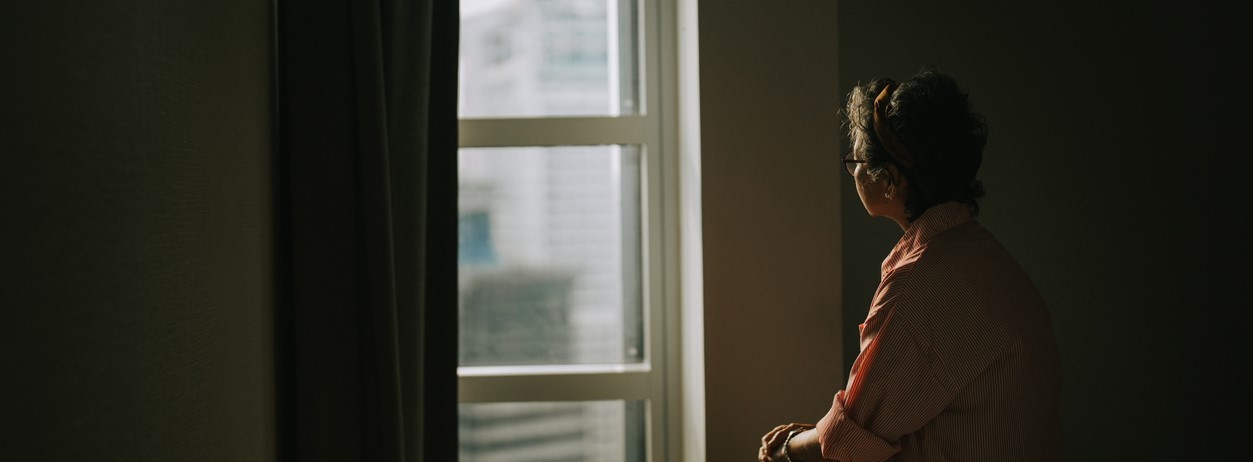Start Treatment in Scotland Today
At Nova Recovery, we offer private rehab services in Scotland. Designed to help individuals to heal their bodies and mind, we focus on alcohol addictions and dual diagnosis treatment where required.
We do this through a range of treatments, including group therapy, and our innovative treatment centre is the ideal place to press reset.
Small and homely, when you choose Nova Recovery, you’re choosing a safe and supportive environment that’s led by a team of experts who really do have your best interests at heart.
As well as evidence-based treatment, and a team of passionate nurses, doctors and counsellors, you’ll benefit from your own en-suite accommodation.
Plus, each week we have well-being and nutrition experts on hand to help you to carve out a new and healthier lifestyle.
Addiction can take over so many areas of your life – for everyone involved. But it doesn’t have to be that way and there is help out there.
Whether you’re suffering from addiction yourself or are worried about someone you care about, get in touch with the Nova Recovery team today and we’d be delighted to help. You can call us anytime on 01475 303998.





